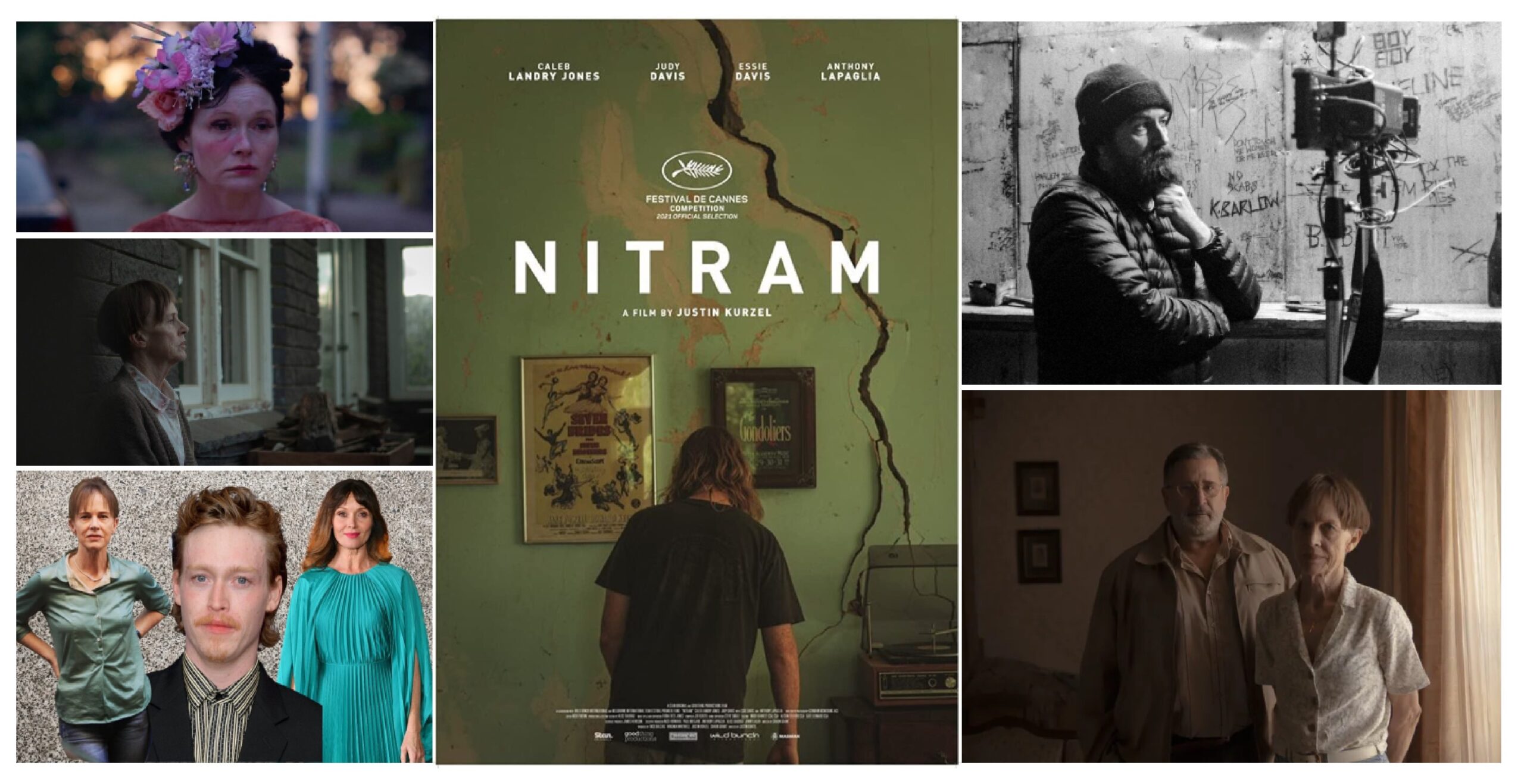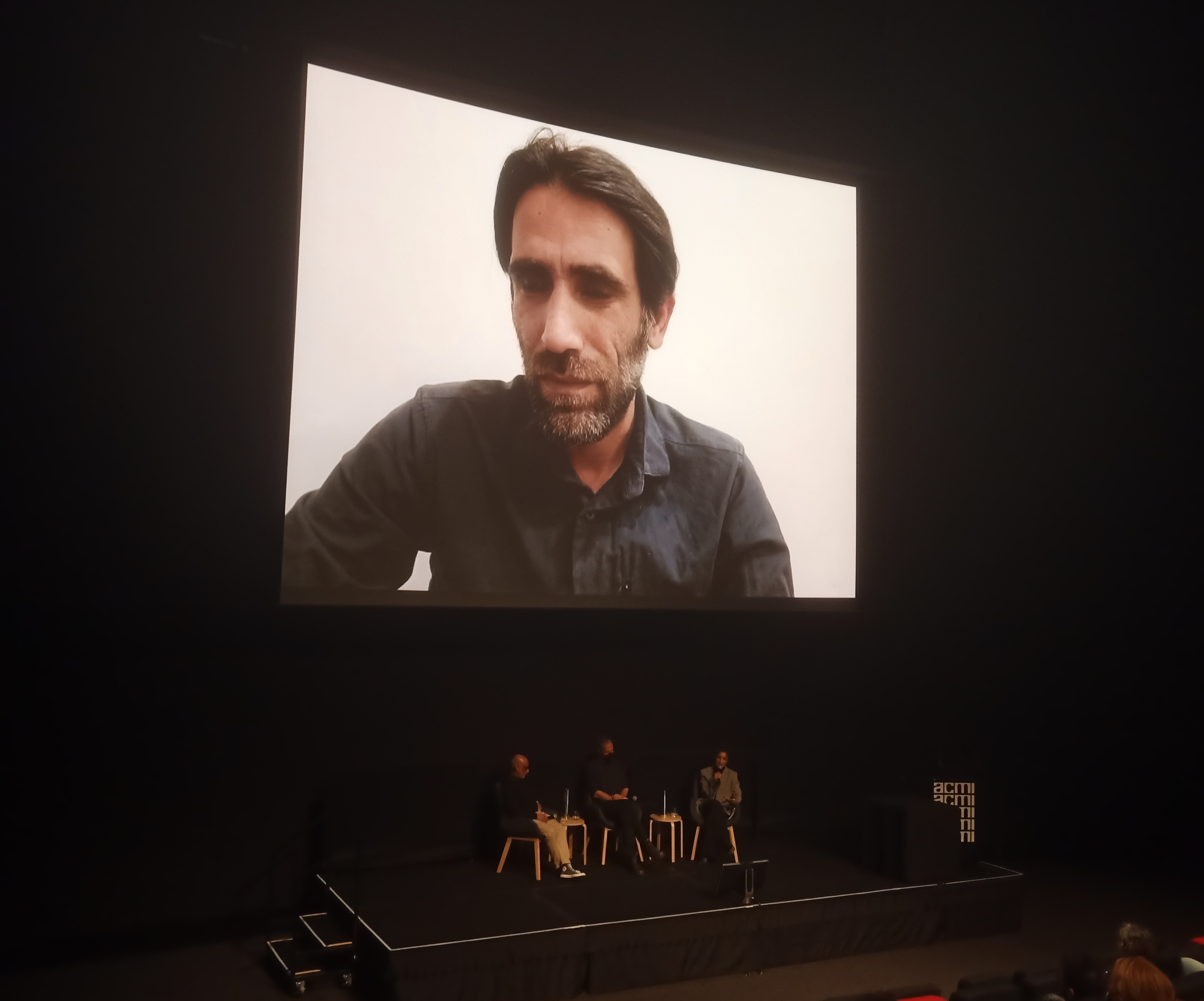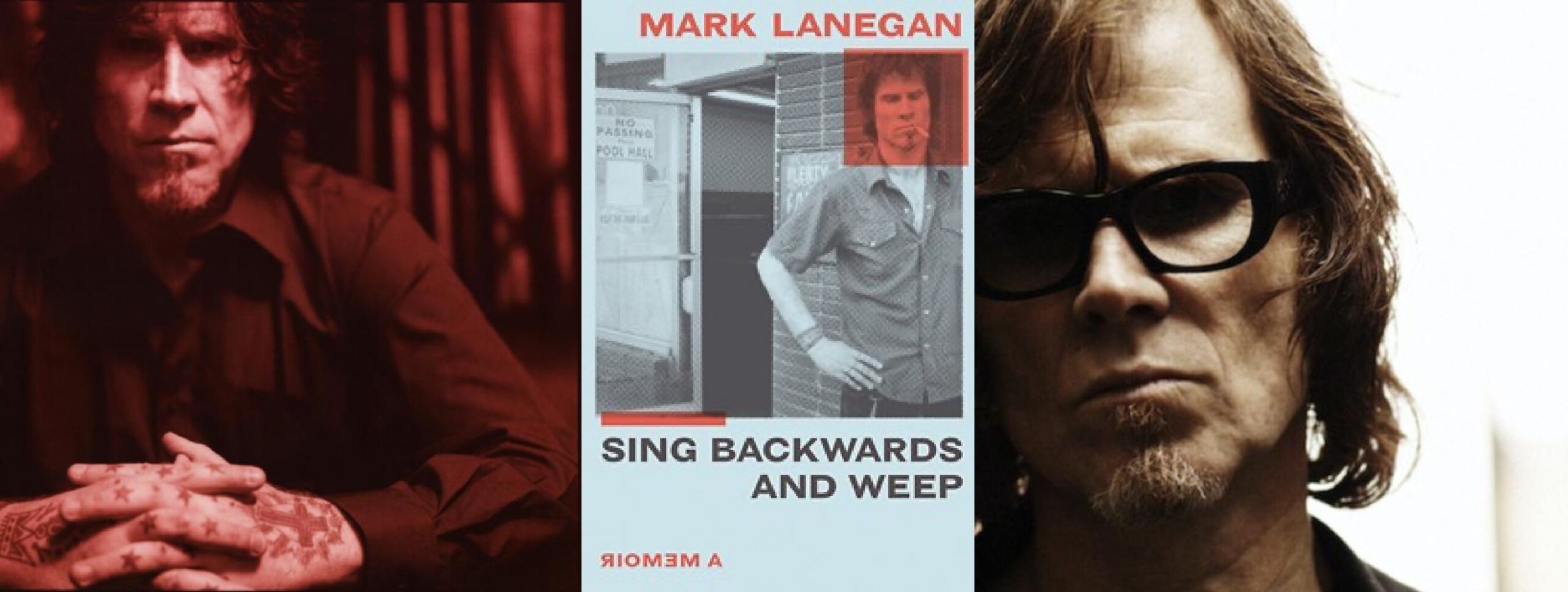There’s some distinct similarities between Director Justin Kurzel’s first film Snowtown and his new gem, Nitram. Apart from the nuances like the camera work and sound, it’s the fact that once they were both over, no one left either theatre and sat transfixed to a dark screen, stunned.
Nitram follows the five or so years leading up to the massacre at Port Arthur in 1996. We all know who Nitram is and his name will forever, never be repeated.
He lives with his parents played by Judy Davis and Anthony La Paglia who also co-produced the film. La Paglia is excellent as the depressed dad doing his best to relate to his erratic son but it’s Judy Davis who steals the show with her relationship with Nitram.
Nitram is played by Caleb Landry Jones who rightly won the Best Actor at Cannes for what is an extraordinary and unforgettable performance. It’s not just the physical resemblance but just the fact that Jones is from Texas (you may remember him in Three Billboards in Ebbing Missouri) makes it all the more remarkable, because he has completely inhabited this psychopath’s personality.
Nitram has a concoction of mental illnesses combined with a learning disorder that gave him an IQ of an eleven year old. When Nitram meets a middle aged eccentric woman named Helen, who happens to be the heir to the Tattersalls fortune, played by a stripped back and barely recognisable Essie Davis, all his wishes come true.
Money suddenly becomes no object and when Helen suddenly dies in dubious circumstances, Nitram takes over the house. From there his mental state becomes schizophrenic and delusional. There are moments where he reaches heightened states of anxiety which turn into fierce aggressive outbursts.
Nitram’s dad withdraws but his mum remains calm. It’s a stellar performance from one of our national treasures Judy Davis, as she slowly but surely watches her son deteriorate into a monster.
The scene where Nitram buys his arsenal from the gun shop is confronting and of course it led to new gun laws and the gutsiest decision John Howard ever committed to. Sadly at the end of the film we are reminded that as of now, we have more guns in Australia than we did in 1996.
There’s a few things about Justin Kurzel’s film making that intrigue me. Firstly his close up shots of the actors during their dialogue and secondly the space he allows them to act. Given both films were about sinister scenarios it may be a coincidence regarding the pace, but I just love the way he lets the actors take their time and create the mood.
Another feature of his films is the sound. There was a particularly tense scene between Nitram and his parents in their modest home in Hobart, and in the background you could hear a lawnmower. I know it’s crazy but it just added to the authenticity as the volume of the mower changed when whoever was cutting the grass moved back and forth along the yard. Maybe it’s just because I hate the sound of mowers, whipper snippers and leaf blowers! Who knows, but I felt I was in that room!
My favourite era of Australian film was the 1970’s when Gough Whitlam entered the arena and splashed plenty of cash into the arts. We quickly moved from very English style films to what were bona-fide Aussie movies such as Don’s Party, Sunday Too Far Away, My Brilliant Career, Wake in Fright and many more.
We may well be seeing a renaissance of new Australian film makers if Justin Kurzel is anything to go by. Nitram is on a new level, so real and captivating that there were times when I forgot to breathe. You know it’s good when you can’t stop reflecting and discussing it on the way home. Highly recommended.
Is it too soon? No. There is no violence or re-enactments, just a psychological examination of the lead up. Here is the trailer.




